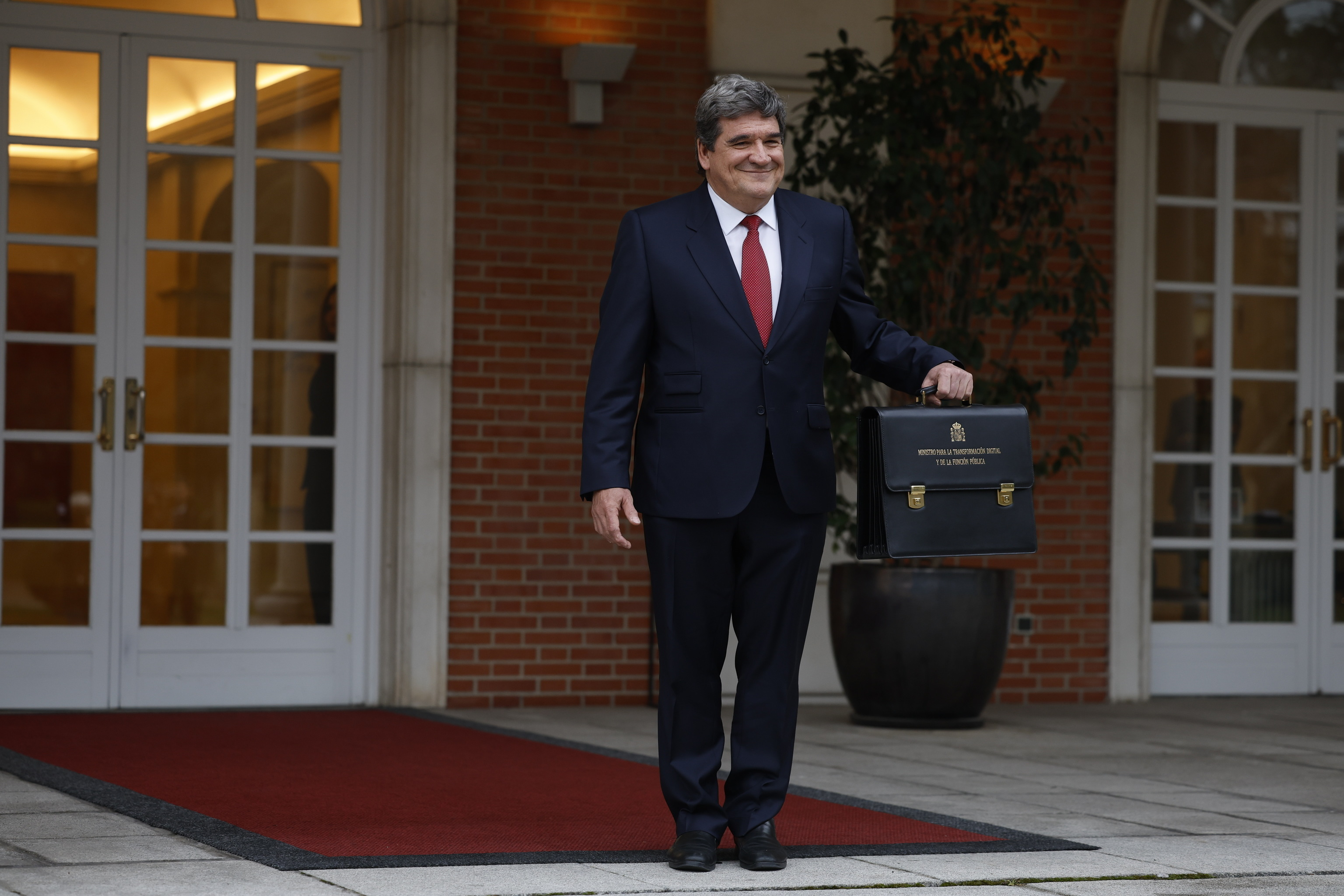José Luis Escrivá, governor of the Bank of Spain, has announced that the institution will revise its economic forecasts downwards due to the new policy of aggressive tariffs by Donald Trump, as reported by Europa Press.
"We will have to revise our growth forecasts downwards. In the case of the Spanish economy, our last forecast was 2.7%, which is a high growth rate for the Spanish economy. It is logical that we revise it downwards, and what I cannot say at this moment, because we have not done it yet and because it is not easy to do, is by how much," Escrivá stated.
The governor, in statements to TVE, has stressed, however, that any revision of the forecasts "will be subject to very high levels of uncertainty", as "there are elements for which we do not have sufficiently powerful analytical tools to assess them".
Escrivá has assured that the institution is "closely and directly monitoring" the situation, which he has described as "extraordinarily complex from an economic and geopolitical perspective".
"We know that what is happening has the potential to generate very negative effects on economic activity worldwide in a very asymmetric way, but it is also true that we still do not have precise elements on how it will materialize and to what extent and with what temporal sequence," he stated.
Escrivá has stated that this "disruption of supply" caused by Trump's policies is "very harsh" and has "the potential to generate sharp declines in economic activity or slowdowns in those economies", such as the Spanish one, which is growing at "relatively high levels".
"But I would not speak of a recession in any case, but rather that this will have some impact on economic activity," Escrivá pointed out, also indicating that the counterbalancing measures being taken to counteract Trump "have the effect of raising prices".
"These are the most evident elements, but there are more difficult-to-capture elements that can make the situation more complex. On the one hand, not only is there a tariff increase, but what may be at stake is the functioning of the value chains and supply chains through which global production has been internationalized, and this can generate trade segmentations and disruptions," he emphasized.
This additional negative effect on global economic activity would come at a later stage and is difficult to assess, according to Escrivá, who added that beyond the direct effects generated by this situation, there is also a confidence effect.
"When markets and the sentiment of consumers and investors are affected by such disruptive situations, there is the potential for spending decisions to retract. And this can also happen with some delay. All of this makes it very difficult for us to put numbers on what impact this situation is having or will have on both economic activity and inflation," he emphasized.
